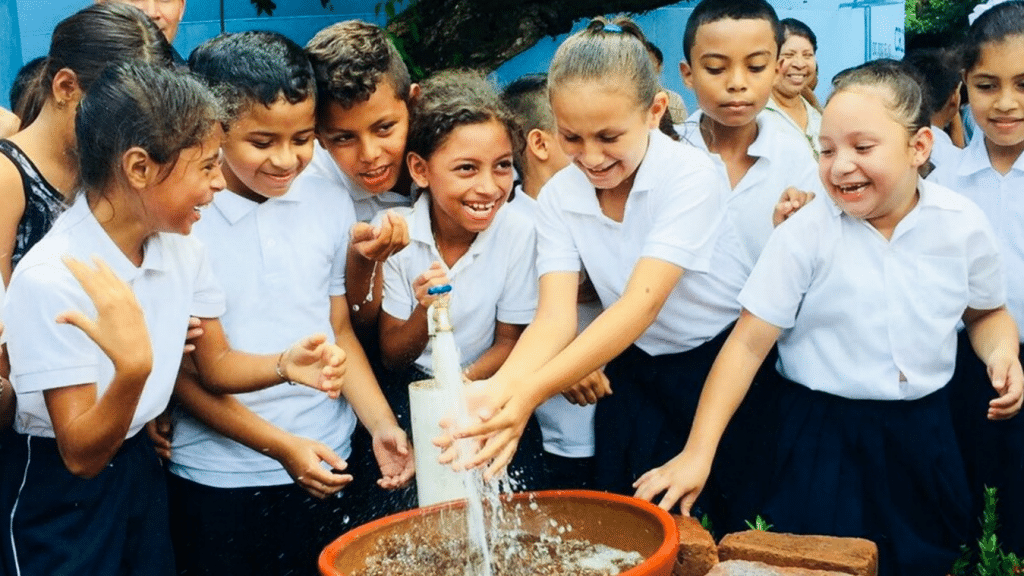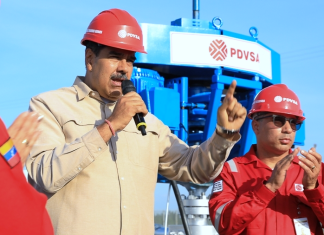
Over a period of 17 years in Nicaragua, notable progress has been achieved in improving the coverage, quality and schedules of drinking water supply, as well as sanitation.
In 2007, the Nicaraguan president, Daniel Ortega, stated that access to drinking water and sanitation constitute «essential human rights» for the population of Nicaragua, underlining the need to guarantee and restore these rights to all citizens of the country.
Drinking water coverage has experienced an increase from 65% in 2006 to 94.5% in 2023. The service has expanded from serving 384 thousand families in 2006 to 838 thousand in 2023, guaranteeing the daily supply of drinking water.
Likewise, in 2023, 88% of the families served by Empresa Nicaragüense de Acueductos y Alcantarillados (ENACAL), which amounts to 726,845, pay an average of 10 cordobas for every thousand liters of water, with 55,149 retired people also benefiting from subsidized rates.
Progress in sanitation
Sanitation coverage has seen a substantial increase, rising from 30 percent in 2006 to 55 percent in 2023.
Likewise, the service has been extended to 260 thousand families, a significant increase from 150 thousand in 2006 to 410 thousand in 2023.
Additionally, a notable increase has been achieved in wastewater treatment, rising from 66 million liters per day in 2006 to 341 million in 2023, marking a five-fold increase.
Strategic investments
In terms of investment, there has been notable growth. Between 1990 and 2006, an average of 26 million dollars were invested annually in urban water and sanitation, totaling 434 million.
You can read: This is how it achieves important achievements in the Nicaragua tourism sector
This financial commitment has increased significantly in the period 2007-2023, reaching 67 million dollars annually and adding a total investment of 1,130 million dollars.
You may be interested in: Climate change, greatest global risk for the next decade
In this sense, these investments support progress and continuous improvement in access to essential services for the Nicaraguan population.





